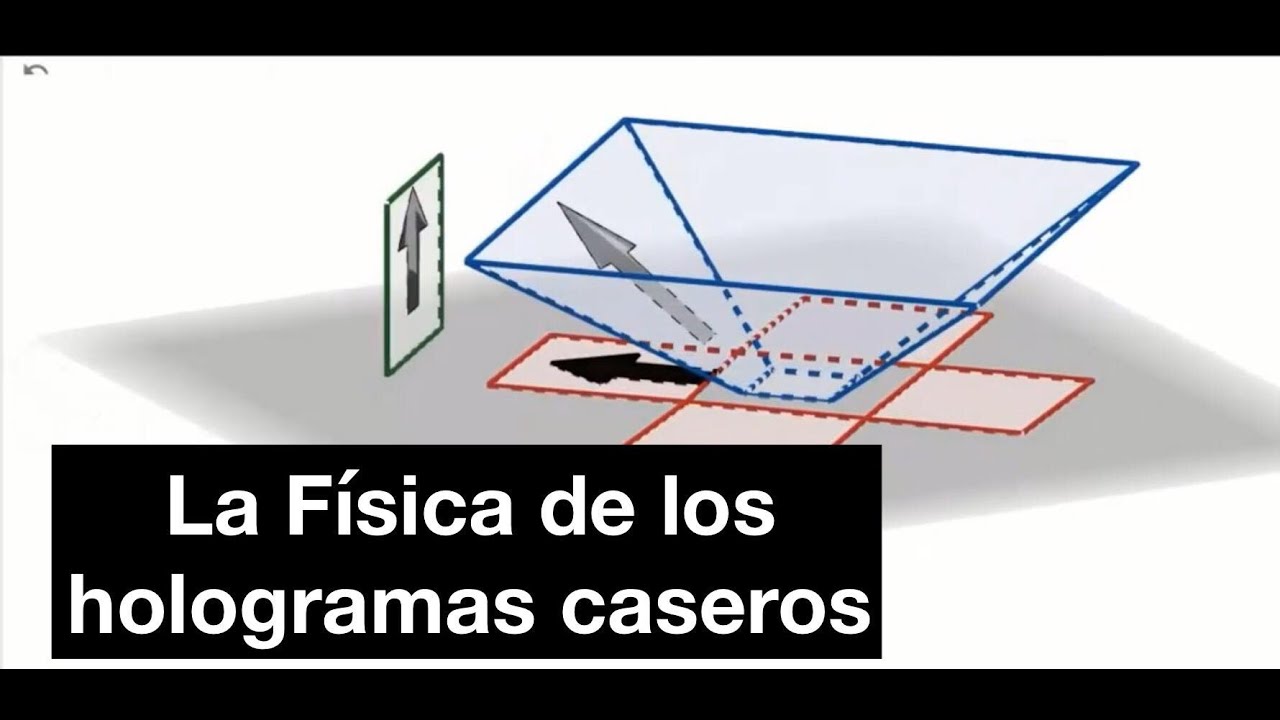LIGHT: REFLECTION AND REFLACTION 💡 Science for Kids ⚡ Part 2 🌈
Summary
TLDRThis engaging video explores the fascinating properties of light, focusing on reflection and refraction. Reflection occurs when light rays bounce off surfaces, allowing us to see images clearly in mirrors (specular reflection) or recognize objects (diffuse reflection). Refraction happens when light changes speed and direction while passing between mediums, such as air and water, which can distort our view of objects. The video also highlights how refraction creates rainbows and is essential for lenses used in eyeglasses and cameras. Viewers are encouraged to appreciate the wonders of light and subscribe for more educational content.
Takeaways
- 😀 Light has various properties, primarily reflection and refraction.
- 😀 Reflection occurs when incident rays collide with an object and bounce off, resulting in reflected rays.
- 😀 There are two types of reflection: specular reflection (same direction) and diffuse reflection (different directions).
- 😀 Specular reflection allows us to see clear images, such as our reflection in a mirror.
- 😀 Diffuse reflection helps us differentiate objects from one another by scattering light in various directions.
- 😀 Refraction is the bending of light rays when they pass from one medium to another, changing their speed and direction.
- 😀 Refraction explains why a straw looks different in water compared to outside of it.
- 😀 Lenses in eyeglasses and cameras utilize the property of refraction to function.
- 😀 A prism can break white light into different colors, demonstrating the phenomenon of refraction.
- 😀 Rainbows are formed through the refraction of sunlight in raindrops, creating a spectrum of colors.
Q & A
What are the two main properties of light discussed in the video?
-The two main properties of light discussed in the video are reflection and refraction.
What is specular reflection?
-Specular reflection occurs when every incident ray of light is reflected in the same direction, allowing us to see clear images, like our reflection in a mirror.
How does diffuse reflection differ from specular reflection?
-Diffuse reflection happens when light rays are reflected in different directions, which helps us differentiate objects and see their details.
What happens to light rays when they pass from air to water?
-When light rays pass from air to water, they change speed and direction, which is known as refraction.
Why does a straw appear bent in a glass of water?
-A straw appears bent in a glass of water due to refraction, as light rays change their trajectory when moving from air into water.
What are refracted rays?
-Refracted rays are the light rays that change their trajectory or speed when they pass from one medium to another.
How is refraction used in everyday objects?
-Refraction is used to create lenses found in eyeglasses and camera lenses, which help us see clearly.
What phenomenon occurs when light passes through a prism?
-When light passes through a prism, it is broken down into different colors, demonstrating how white light is made up of various wavelengths.
Who was the first person to demonstrate the separation of light into colors using a prism?
-Isaac Newton was the first person to achieve this with an experiment in the 17th century.
How are rainbows formed?
-Rainbows are formed when sunlight passes through raindrops, and due to refraction, the white light is split into a spectrum of colors: red, orange, yellow, green, blue, and violet.
Outlines

This section is available to paid users only. Please upgrade to access this part.
Upgrade NowMindmap

This section is available to paid users only. Please upgrade to access this part.
Upgrade NowKeywords

This section is available to paid users only. Please upgrade to access this part.
Upgrade NowHighlights

This section is available to paid users only. Please upgrade to access this part.
Upgrade NowTranscripts

This section is available to paid users only. Please upgrade to access this part.
Upgrade NowBrowse More Related Video

Fisika Kelas 11 | Gelombang Cahaya

Pemantulan dan Pembiasan Cahaya dengan KIT OPTIK

Refraction - How does light refract when it moves from air to water?

Propagation of Light (Reflection and Refraction) as Explained by the Wave and Particle Models

¿Qué es la LUZ? 💡 Ciencia para niños 🧪 Recopilación

La Física de los Hologramas Caseros
5.0 / 5 (0 votes)